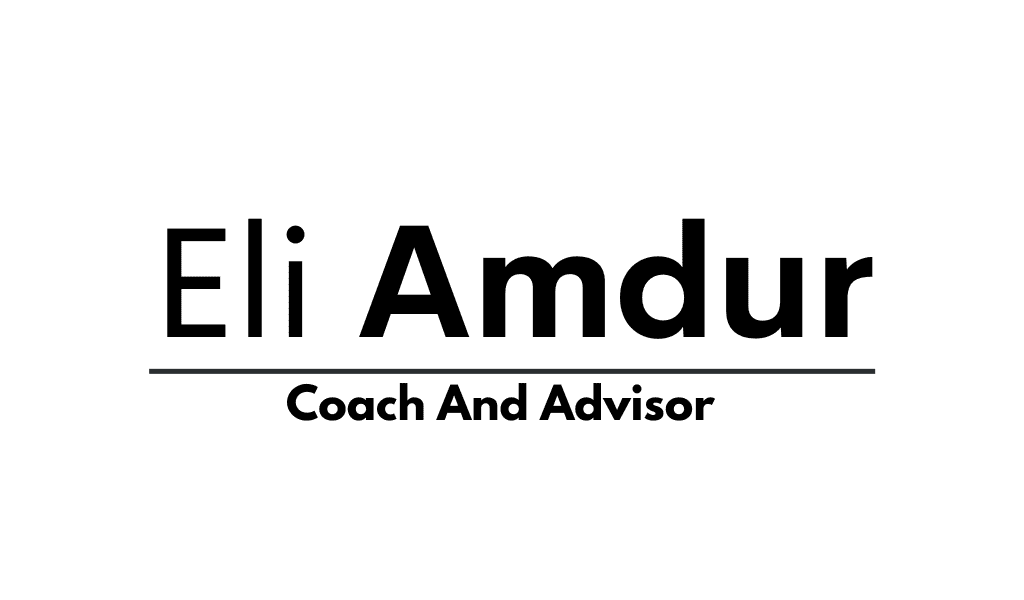You need a broad mind to understand a wide world.
Assume the things you’ll need to know in order to plan and navigate your career (and your life in general) are growing faster than your awareness of them.
Assume the future is coming at us so fast that half of it is past before we even knew it was here at all.
Assume the patterns of dots to be connected are more complex, confusing, expansive, and – at first blush – harder to connect than ever, but making these connections is more critical than ever.
One more assumption: continuous professional development just in your specific field of expertise alone – diligent as you might now be – no longer suffices.
Would you see all this as a threat or a challenge? Problem or opportunity? Truth or fiction? Reason or hyperbole? Well, those assumptions are not only correct; they’re provable, demonstrable, and defensible. To work my point, here are 14 “dots” to consider. See if you can connect them as follows: four pairs of two and two groups of three.
(1) 25 percent of the world’s nickel reserves are located in New Caledonia. (2) There is water and evidence of rock movement on Mars. (3) The James Webb telescope, launched two months ago, is already performing as planned. (4) Centenarians in the US numbered 37,000 in 1990 and 97,000 in 2020; their ranks will swell to 600,000 by 2060. (5) The first generation of quantum computing will soon give birth to generation two. (6) Laser propulsion science is making giant steps forward. (7) El Salvador has made Bitcoin their second official currency, alongside the US dollar. (8) One of every six home sales in America is made to an investor. (9) Sparkling wine is now being produced in Britain, as in Roman times. (10) The US will need 30,000 geriatricians by 2030; we have 7,300 now. (11) Ski seasons around the world have shortened by as much as 23 percent. (12) One in five American adults have no or limited credit history. (13) Battery technology is critical to 21st water and evidence of rock movement on Mars. (3) The James Webb telescope, launched two months ago, is already performing as planned. (4) Centenarians in the US numbered 37,000 in 1990 and 97,000 in 2020; their ranks will swell to 600,000 by 2060. (5) The first generation of quantum computing will soon give birth to generation two. (6) Laser propulsion science is making giant steps forward. (7) El Salvador has made Bitcoin their second official currency, alongside the US dollar. (8) One of every six home sales in America is made to an investor. (9) Sparkling wine is now being produced in Britain, as in Roman times. (10) The US will need 30,000 geriatricians by 2030; we have 7,300 now. (11) Ski seasons around the world have shortened by as much as 23 percent. (12) One in five American adults have no or limited credit history. (13) Battery technology is critical to 21stcentury development. (14) Of the 118 elements on the periodic table, 94 appear naturally on earth.
Pretty wild, huh? Your challenge is to: (a) make the connections, and (b) figure out what they mean. Answers will appear next week, but to make this more interesting, email your answers to me by noon this Wednesday (email below), with “Connections” as the subject line. Include your name and town in the email, please. The 1st, 10th, 25th, and last correct answers will earn a free mini-coaching session from me – along with recognition here. So do it with your Sunday morning coffee.
My point should be obvious. Of all the challenges we face – skills, careers, global shifts in influence, cultural intersections, ethics, etc. – the overarching one is that we must be constantly expanding our sphere of awareness. We can no longer get by just knowing what we know; living and working in a silo; and not proactively taking in information, synthesizing it, interpreting it, and constantly connecting an ever-increasing universe of dots.
The future no longer makes a stop in the present on its way to the past, and it doesn’t stop to explain itself. The present is no longer the intermediary – and where the past ends and the future begins is the same place. For sure: we live in the present when it comes to contemplation and reflection. Getting lost in the present and being in the here-now are not only beneficial; they’re critical to thought. But given the nature, pace, and scope of change, the present is fleeting.
If you doubt this, deny it, or are in disbelief, then think it over. And while you’re doing that, take a reading on your attitude and feelings about it. This shouldn’t be ominous or frightening; conversely, we should look at it through the eyes of Professor Annelie Keil of the University of Bremen who, in her entry in Frederick Franck’s book – What Does It Mean To Be Human? – said, “Life is not a program; it seems to be an invitation, a challenge to take the next step into the darkness of uncertainty and creativity.”
If that isn’t an uplifting invitation – and compelling argument – to expand your sphere of awareness, I don’t know what else to say.
Indeed, you need a broad mind to understand a wide world.
Now don’t forget to send me your answers.
——————————————
Career Coach Eli Amdur provides one-on-one coaching in job search, résumés, and interviewing.
Reach him at [email protected] or 201-357-5844.
